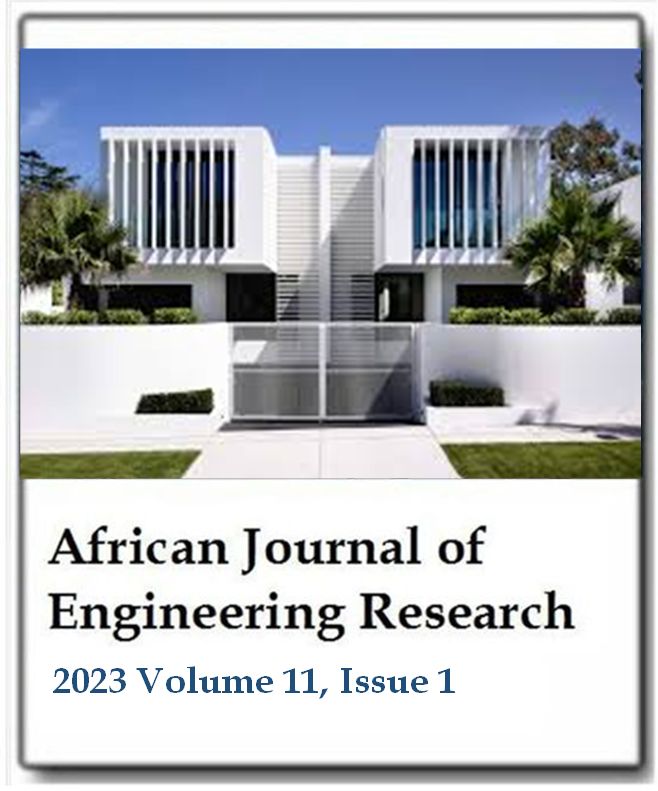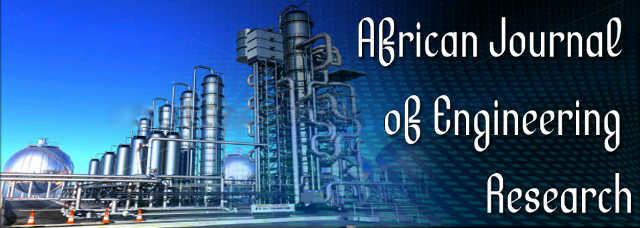A lean management framework for achieving sustainability through reducing risks during the design process
Ayman Ahmed Ezzat Othman and Sherouk Mohamed AbdelrahimAfrican Journal of Engineering Research
Published: June 14 2023
Volume 11, Issue 1
Pages 17-30
Abstract
The building sector is a substantial global industry that plays a significant role in the social and economic advancement of nations. The construction industry has been criticized for its unsustainable practices, including waste generation, pollution, and the consumption of non-renewable resources and energy. Duo the dynamic nature of the construction industry and the involvement of multiple parties with diverse goals, knowledge, and skills, the industry is susceptible to various risks that can undermine the sustainability of projects. This research aims to develop a Lean Management (LM) framework to deliver sustainable construction projects by reducing risks during the design process. A research methodology consisting of a literature review, case studies and a survey questionnaire was designed to achieve the research aim. Firstly, the literature review was used to investigate the concepts of sustainability, risks in the design process and LM. Secondly, two case studies were presented and analysed to investigate the role of LM in achieving sustainability in construction projects by reducing the risks of the design process. Thirdly, a survey questionnaire was conducted with a representative sample of Architecture Design Firms (ADFs) in Egypt to investigate their perception and application of LM towards delivering sustainable projects by reducing the risks during the design process. A framework is developed to facilitate integrating LM within the design process to reduce risks during the design process as an approach to achieving sustainability goals. The research identifies 18 design risk factors, their causes and their impacts on delivering sustainable projects. In addition, it correlated LM tools and techniques that could be used to reduce risks during the design process. Case studies showed that ADFs that adopted the LM approach succeeded in achieving sustainability objectives and reducing associated risks. Moreover, data analysis of the survey questionnaire helped rank the presented risks by the ADFs along with investigating their perception towards using LM within the design process. These findings necessitated acting towards developing a framework to reduce these risks towards achieving sustainability objectives in construction projects.
Keywords: Sustainability, risks, design process, lean management, framework.
Full Text PDFThis article is published under the terms of the Creative Commons Attribution License 4.0

